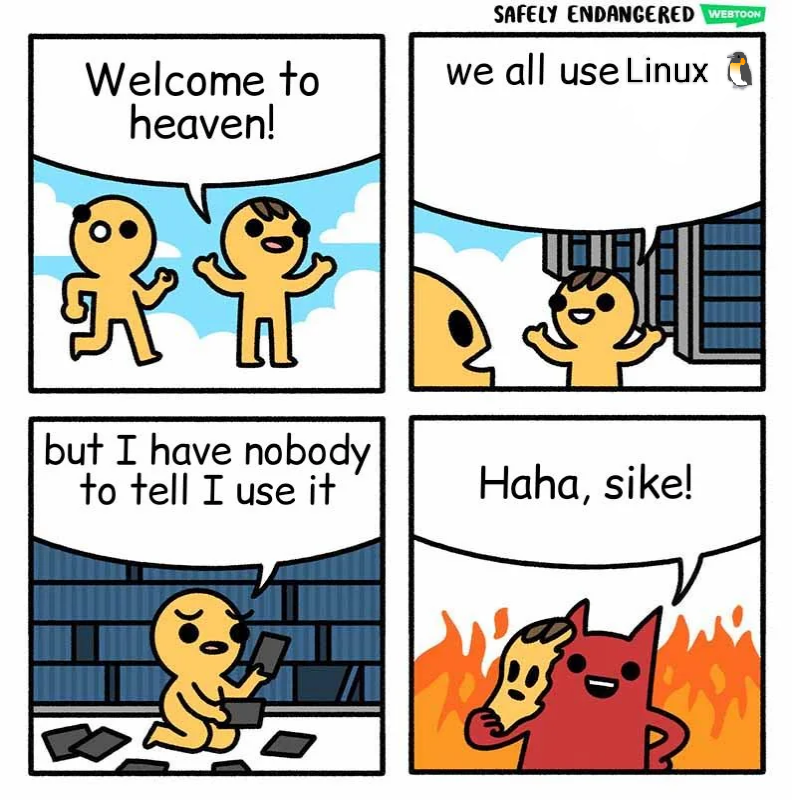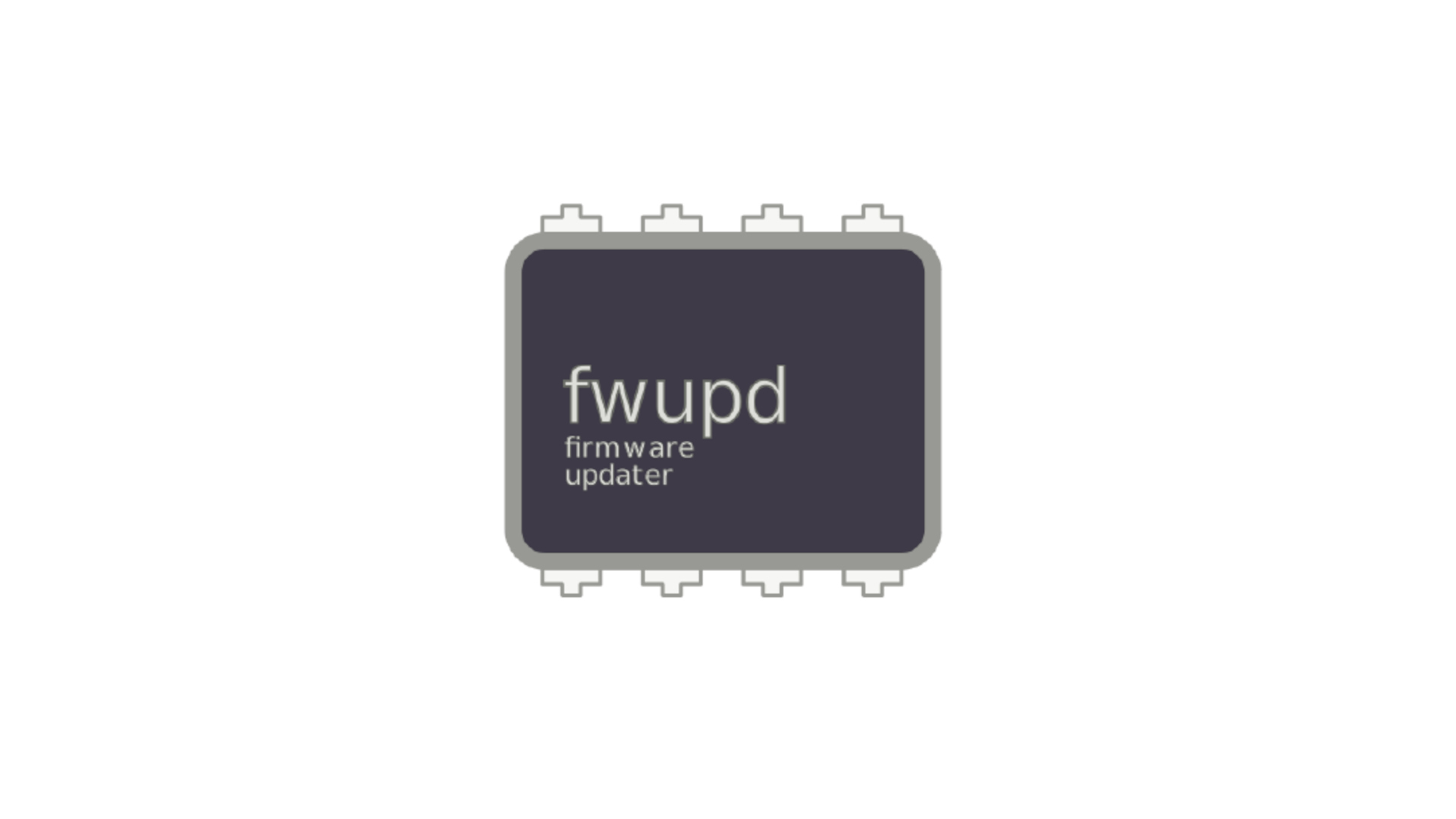

Because hosting costs money, and sustainable services need revenue sources.
News we read was put together by a team of journalists, editors, etc.
Video streaming takes a lot of storage, bandwidth, processing, licensing.
And so on.
Price gouging is bad, but reasonable income is necessary.
Billboard ads that don’t target users and don’t track effectiveness are dangerous financially for advertisers, and would pay much less to ad hosters.
Anonymous, aggregated tracking is a healthy compromise.











wayDroid does let you do that, in a fairly lightweight way (uses Linux namespaces iirc, similar to lxc.
It’s still not full native, which would be even nicer. I play droidfish on my Linux machines using it.